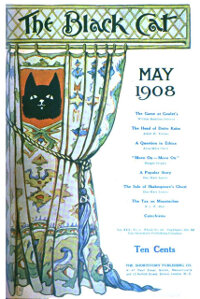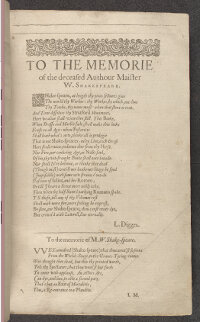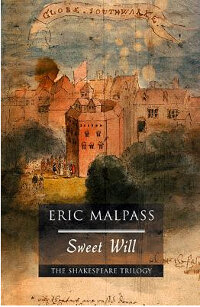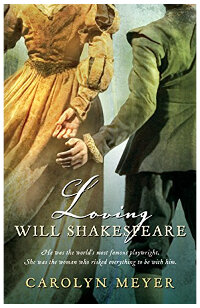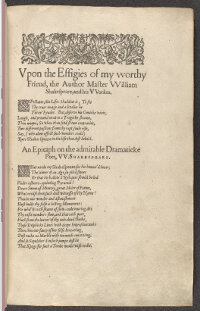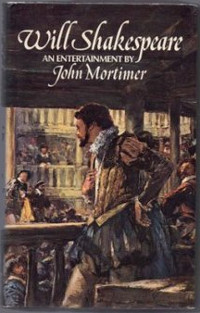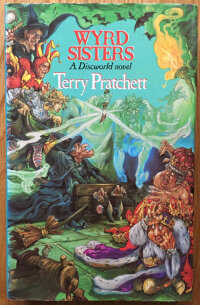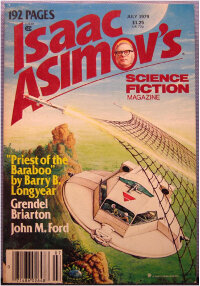William R. Leigh
New York: Thornton W. Allen, 1930
Leigh is an author with an ax to grind. In the preface, he inveighs against Shakespeare as “a boor with the mind of a scullion, who could not, by the most fantastic attribution, have written anything of literary or dramatic stature, anything worth performance or publication in his own or any other age.” Described by one reviewer as “loony,” the play introduces William Shaxper of Stratford as an illiterate bumpkin, willing to let Francis Bacon hide behind his name. Bacon, it turns out, is Queen Elizabeth’s son, as is William Cecil, Lord Burghley. The sibling rivalry turns murderous and Queen Elizabeth is killed. The simpleton Shakespeare is paid off and Bacon goes on writing plays. But when Shakespeare later becomes troublesome, Ben Jonson and other playwrights feel no remorse at poisoning him. –VH

